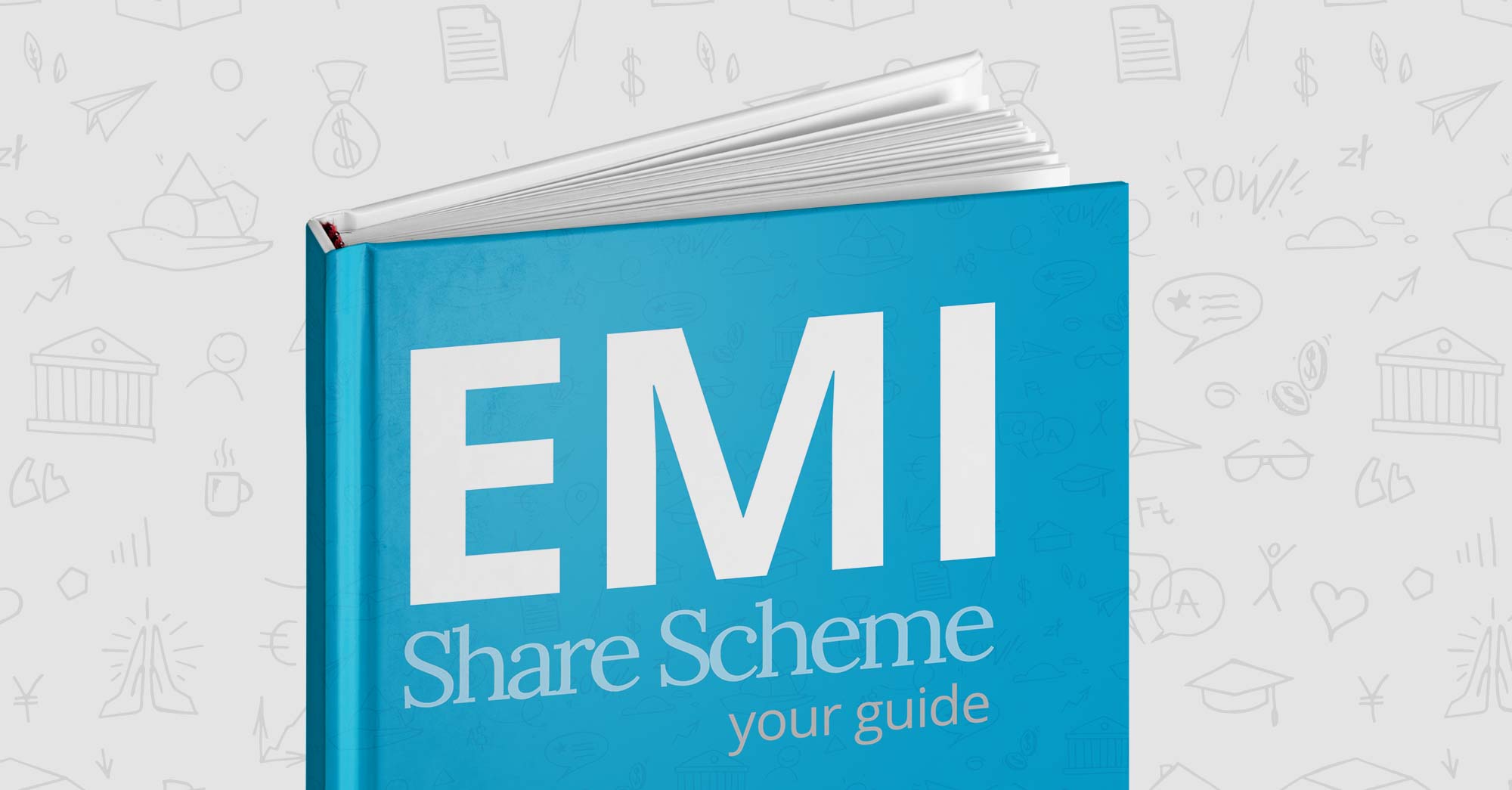Two sisters – Elizabeth and Martha – work for two different UK companies. The two sisters are very similar, as are the companies they work for. Both companies are small and entrepreneurial, and since they can’t afford to offer salaries competitive with larger companies, both offer option schemes.
But here, the two companies have a major difference – Elizabeth’s company offers unapproved options, while Martha’s company offers Enterprise Management Incentive (EMI) options. That might not seem like a big difference, but let’s look at what happens.
Elizabeth’s unapproved option scheme
Elizabeth was a good worker – she was conscientious and she always looked for an opportunity to help. Her boss, recognizing this, granted her an option to acquire a 4% shareholding in the company for its market value: £15,000. Elizabeth was delighted – the company was growing rapidly and she was sure the option was going to be worth a lot more in the future.
Sure enough, when Elizabeth exercises the option five years later, the shares are worth £150,000. However, Elizabeth hasn’t received any money yet. She has shares that are worth £150,000 – she doesn’t have £150,000. Unfortunately, in an unapproved option scheme, the taxman doesn’t see the difference. According to the HMRC, Elizabeth has now received taxable earnings of £135,000 (subtracting the £15,000 price from £150,000 worth of shares) and is required to pay income tax on this amount. Now.
That’s right. Even though Elizabeth has not actually received any money, she needs to pay a 40% tax. In this case, that’s £54,000.
Maybe Elizabeth has a good amount saved. Maybe that’s alright. After all, she will eventually sell the shares and receive her money. And that’s what she does: two years later when the company is acquired and the share price has gone up further, she sells the shares for £200,000.
Unfortunately, Elizabeth is now required to pay Capital Gains Tax (CGT) because the shares went up in value – by £50,000 from the time she acquired them. That’s a 20% tax on £50,000, so another £10,000 is gone.
So, just to recap. Elizabeth’s company, in order to reward her for her excellent work and service, gave her a bonus that forced her to pay £54,000 out of pocket, then another £10,000 when she actually received the money. And she had to wait a combined seven years for the privilege.
That Christmas, Elizabeth doesn’t have too many nice things to say about her company, so she asks Martha about her’s. Martha told her sister that at the same time Elizabeth received her options, she had also received an option to acquire a 4% shareholding in her company, at its market value of £15,000. But there was a major difference – Martha’s options were EMI options.
Martha’s EMI option scheme
Martha started out with the same bonus as Elizabeth. And after five years, she exercised her options, which were worth £150,000.
So far, everything was exactly the same as Elizabeth – Martha now had £150,000 worth of shares, which she paid £15,000 for. But unlike Elizabeth, who at this step needed to pay £54,000 worth of income tax, Martha paid nothing.
Let me say that again – Martha didn’t pay less. She paid nothing. Which makes sense. She hadn’t received any money yet. In an EMI option scheme, you don’t pay any tax until you sell the shares, and receive money. (At this point in Martha’s story, Elizabeth was wearing a decidedly unhappy face.)
Two years later, when the company was acquired, Martha sold her shares for the same price as Elizabeth: £200,000. Martha paid CGT since she had gained £185,000 (£200,000 sales proceed minus £15,000 price). However, where Elizabeth had to pay 20%, Martha only paid 10%.
So, despite receiving the same award, and waiting the same amount of time, after-tax and paying the option price, Martha ended up paying £45,500 less in tax than Elizabeth. And better yet, she didn’t pay any tax until after she received her money.
Why EMI?
Employee ownership can transform your company, especially for entrepreneurial companies like the ones the EMI is designed to support. But an unapproved option scheme can have exactly the opposite effect, by costing your employees enormous tax bills – particularly tax on the money they haven’t received yet.
The two advantages of EMI – apart from all the benefits that employee ownership brings – are that no income tax is usually charged upon exercise of the option, and CGT is usually charged at a reduced rate of 10% upon the eventual sale of shares.
You want your employees to have an experience like Martha’s – not Elizabeth’s. But you’ll also need the right tools and support, to manage your EMI share scheme.
Contact Global Shares today, for a no-commitment demo.
This publication contains general information only and J.P. Morgan Workplace Solutions is not, through this article, issuing any advice, be it legal, financial, tax-related, business-related, professional or other. J.P. Morgan Workplace Solutions’ Insights is not a substitute for professional advice and should not be used as such. J.P. Morgan Workplace Solutions does not assume any liability for reliance on the information provided herein.



![Share Plan Administration Software [+Free eBook]](https://www.globalshares.com/wp-content/uploads/2023/10/stock-plan-administration-software-e1650619914403-17.jpg)